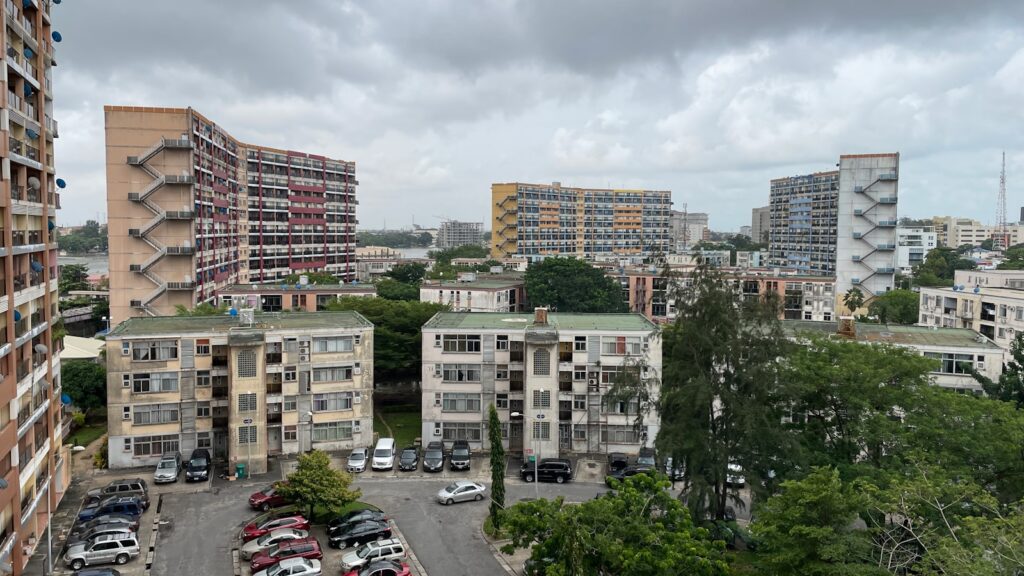
A Comprehensive Guide to Lawful Tenant Eviction in Nigeria, evicting a tenant in Nigeria requires strict adherence to Tenancy Laws of each state of the Federation. Generally, these laws apply to all the states in Nigeria 2011.
Grounds for Eviction of Tenants in Nigeria
Many people mistakenly believe that eviction is only possible when a tenant fails to pay rent. While non-payment is a significant reason, there are several other legal grounds for eviction in Nigeria.
- Rent Arrears – The tenant has failed to pay rent as and when due.
- Breach of Agreement – The tenant has violated terms outlined in the tenancy agreement.
- Personal Use by Landlord – The landlord requires the premises for personal occupation.
- Illegal or Immoral Use – The premises are being used for unlawful or immoral activities.
- Abandonment – The tenant has abandoned the premises.
- Unsafe or Uninhabitable Conditions – The building poses a danger to life or property.
- Nuisance or Disruption – The tenant engages in conduct that constitutes an intolerable nuisance or breaches the tenancy agreement.
Step-by-Step Eviction Process
Step 1
Determining Rent Arrears If the tenant has defaulted on rent payments, the landlord can approach the court for an order of possession and a directive for the tenant to pay the outstanding rent. To succeed, the landlord must provide evidence of the unpaid rent.
Step 2
Issuing a Notice to Quit If the tenant is not in arrears but still needs to be evicted for another reason, the landlord must serve a Notice to Quit. This notice informs the tenant of the required timeframe to vacate the premises before legal proceedings can begin.
The notice period depends on the type of tenancy:
- 1 week – Tenant-at-will
- 1 month – Monthly tenancy
- 3 months – Quarterly tenancy
- 6 months – Yearly tenancy for a fixed-term tenancy, the notice period is typically specified in the tenancy agreement.
In the case of a tenancy for a fixed term, no notice to quit shall be. Required once the tenancy has expired, in other words if it is a 1-year tenancy, the landlord does not need to serve a notice to quit if the 1-year tenancy is finished. The landlord can just move to step 3 below.
Step 3
Once the notice to quit has expired (or where the landlord does not need a notice to quit), then the next step is to serve a. 7-day written notice on the tenant of the landlord’s intention to proceed to court to recover possession. There is a special court for this notice.
Step 4
Once the notice has expired and if the tenant refuses to voluntarily leave. The premises, then the landlord can (within 7 days of the expiry of the notice to recover possession) commence a case for recovery of possession.
DO YOU NEED A LAWYER? CONTACT
